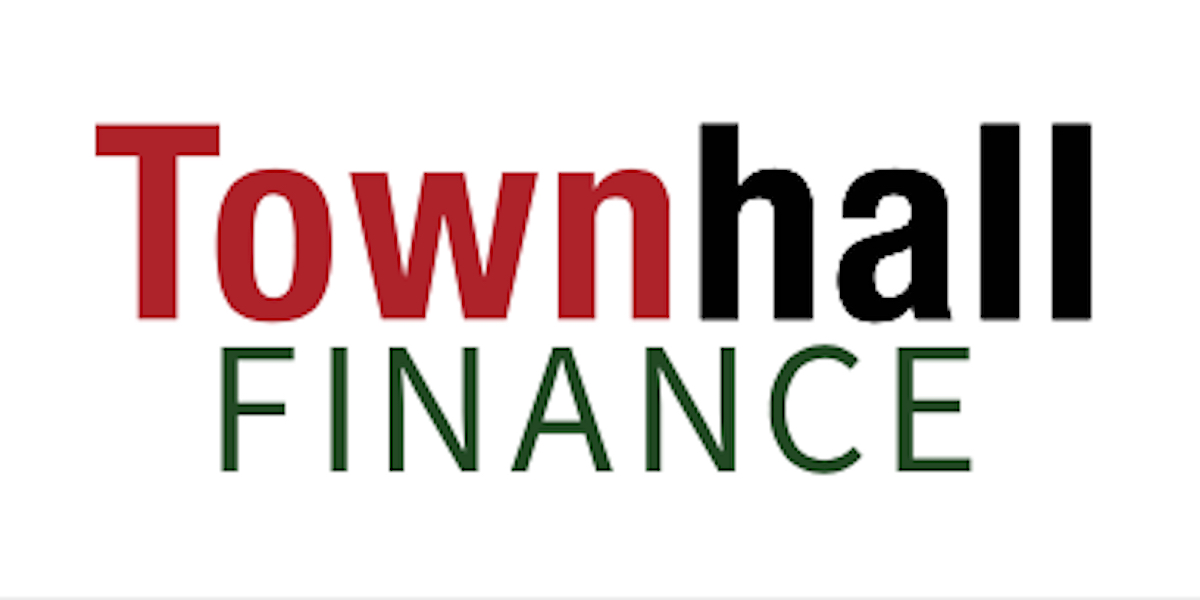
30 Jul 2021 Furthering The Case That Biden Administration Is Conspiring With Big Tech
It must be nice to control the deep state and the former news media.
The Biden Administration has blithely admitted over the past few weeks that it works with Facebook, Twitter, and the other monopolist censors to identify what it deems wrongthought, so that such thought can be excised. As I recently suggested in these pages, that sure seems like a violation of the First Amendment, and also perhaps a conspiracy to deprive (sane) Americans of our civil rights.
But it doesn’t matter. When the deep state is against you, it will make up dossiers accusing you of every malfeasance, and the press will trumpet the falsehoods throughout the land. When the deep state favors you, it will ignore the most blatant of crimes with the express purpose of getting you elected (see Hunter Biden’s laptop), while ignoring corruption so open and so patent that even Warren Harding’s crooked cronies never dared it (see Hunter Biden’s, ahem, art sales).
The incomparable Eugene Volokh recently considered the case law that would inform judicial determinations about the constitutionality of the administration’s efforts to silence disfavored communications by free Americans. He traced through that case law a distinction between instances in which the government makes a simple request not backed by any sort of coercion against the parties to whom the threat is made, and cases in which coercion is implicitly threatened. The former can be acceptable, the latter are forbidden.
The noncoercive cases tend also to include nonpolitical considerations such as national security or an ongoing criminal investigation – but not exclusively. Volokh relates incidents in which government tried through persuasion to keep out of stores pornographic materials and a board game that encouraged living on public assistance. But in those cases the requests did not issue from agencies with the power to threaten, and no threats followed.
Those cases are inapposite. The president controls the executive branch. (Well, these days, let’s say someone in or near the White House controls the executive branch.) That’s by definition the enforcement arm of the federal government. So it could be argued that a threat is always implicit. But that argument need not be made, because the White House has recently made the threat very explicit indeed. Even as the White House was telling the social-media monopolies which communications by free Americans are permissible and which should be removed, it also issued to the agencies of the executive branch “pro-competition” directives instructing those agencies to enforce antitrust and other purportedly competition-fostering laws and regulations against companies that exhibit monopoly characteristics, including social-media and other tech companies.
That’s a pretty patent threat – as the industry immediately realized, and started lobbying to avoid.
Somewhat ironically, this threat may get the tech lords off the hook for colluding with the government to stifle speech in the new public square. It would seem to me that if conspirators threaten someone to go along with their conspiracy or face ugly consequences, then the threatened party should be absolved from responsibility. But that doesn’t seem to be how the government usually acts in conspiracy cases. Once someone has entered the mob, the consequences for leaving seem pretty steep. Hence witness relocation, and all of that. But in order to avoid prosecution the party must not commit the illegal act that the conspirators demand. If he goes along when instead he could have gone to the authorities, then he is a co-conspirator.
Regardless of the tech lords’ liability, though, the liability of the Biden Administration seems clear. Or at least it would, if the deep state – including its arms of investigation and prosecution – weren’t active tools of the left, and therefore protectors of left-wing enforcers like the current administration and, for that matter, Big Tech (so long as it censors the right).
Certainly Jen Psaki has already admitted enough, when considered in the light of the administration’s recent directives to federal agencies, to warrant investigation. The press secretary has admitted pushing the tech companies to censor facts and opinions of which the administration disapproves that relate to COVID, but does anyone imagine that it has limited itself to that subject only? Or believe that it acts with no political motivations whatever? Infants and puppies could not be so easily taken in.
The Biden Administration DOJ won’t investigate, of course. Nor will the systemically corrupt FBI or the rest of the octopus. But unless this Congress manages to break the Republic by authorizing forever-fraud in our elections, there’s little doubt that at least one house will flip in the midterms, and no doubt whatever that, eventually, there will be another right-of-center administration again. Then investigations can proceed. And just as the administration’s “competition” order asserts that already-completed mergers can be re-examined and potentially unwound, so certainly can the unconstitutional and potentially criminal acts of previous administrations be re-examined and prosecuted.
After all, the left seems downright eager to throw cops in jail for violating citizens’ civil and constitutional rights, and to prosecute Lego Insurrection dummies on the flimsiest of conspiracy charges, claiming that they had “contributed to the collective threat to democracy”— much, it would seem, like the administration’s own orchestrated threat to democracy. Surely the left doesn’t believe that there’s one law for us and another entirely for them.
Surely.
Scott Shepard is a fellow at the National Center for Public Policy Research and Director of its Free Enterprise Project. This was originally published by Townhall Finance.




